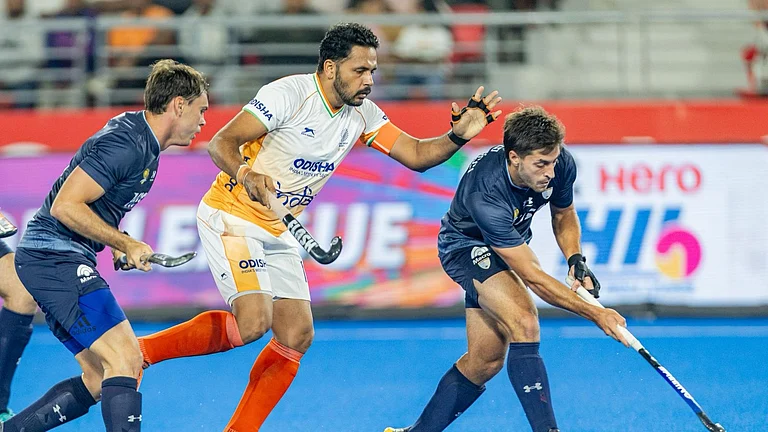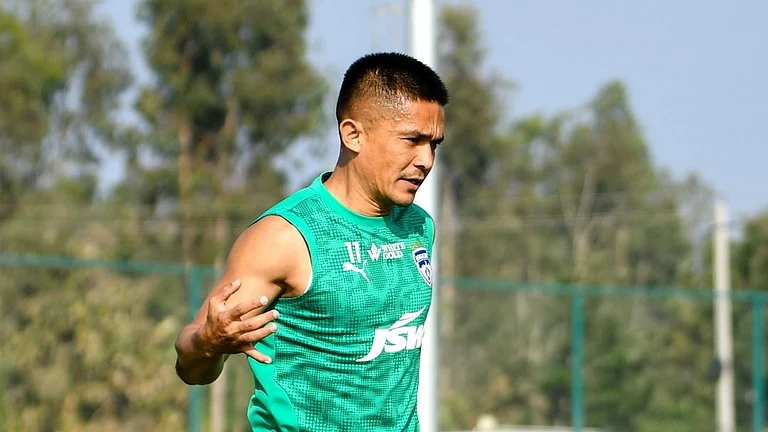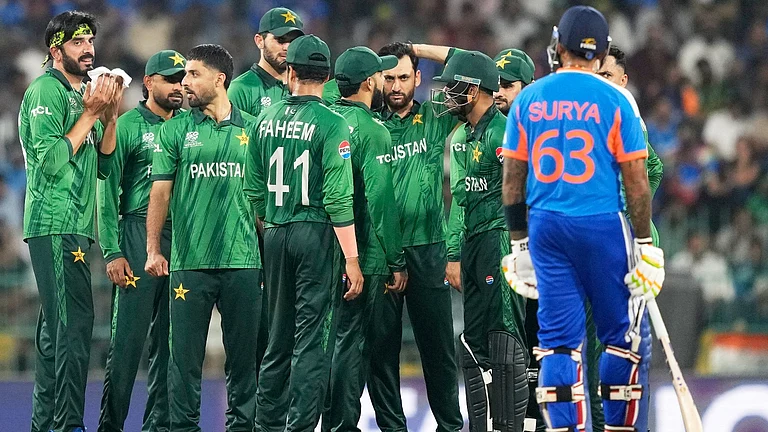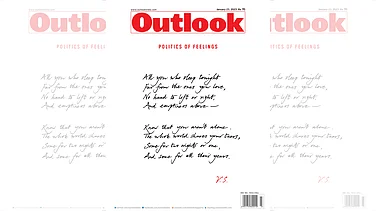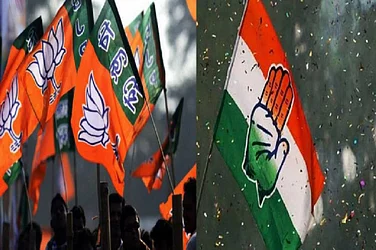The Supreme Court on Thursday told the Centre that being the main arbiter in water dispute between two states, it is required to play a more "pro-active role instead of being a mute spectator" and asked the Punjab and Haryana governments to hold discussions to resolve the Satluj-Yamuna Link (SYL) canal dispute.
During the hearing, the Punjab government told the top court that they have huge scarcity of water with water tables going down in the rivers and there is "no point building canals like a Taj Mahal", with no water flowing through it.
The Haryana government, on the other hand, told the apex court that its people need water which comes from Punjab, which has to abide by the decree for construction of a canal in its jurisdictional area.
A bench of Justices Sanjay Kishan Kaul, Ahsanuddin Amanullah and Aravind Kumar said, "We expect the endeavours of the States to sit together to still find a solution is the way forward and we call upon the States to hold meetings, not frequently at the highest political dispensation level so that at least there is some progress in the
discussions. We expect the Union of India also to play a proactive role in the endeavour to bridge the gap."
During the hearing, Justice Amanullah told Attorney General R Venkataramani, appearing for the Centre, "Mr Attorney, in matters of water dispute between two or more states, the Centre is the main arbiter. Why cannot the Centre play a more pro-active role to resolve the issue, instead of being a mute spectator?"
Venkataramani said that the Centre has made all sincere endeavours as directed by the court and both Punjab and Haryana governments held meetings but there was no consensus between both of them with regard to construction of the canal.
"In our view, some more meetings need to be held between the two States for finding a workable solution on the issue in the future. The Ministry of Jal Shakti is making all efforts to bring the states together for an amicable solution," he said.
The SYL canal was conceptualised for effective allocation of water from Ravi and Beas rivers. The project envisaged a 214-km canal, of which 122 km was to be constructed in Punjab and 92 km in Haryana. Haryana has completed the project in its territory. Though Punjab took up the work in 1982, it was later shelved.
Senior advocate Rakesh Dwivedi, appearing for Punjab government, said it is not saying that the state will not provide water to Haryana but there is scarcity of water as water tables have gone down in various rivers of the state.
"We don't have enough water. We don't want to build a canal like a 'Taj Mahal' with no water flowing through it. We are seeking setting up of a water tribunal to decide the issue based on the availability of water in the state," Dwivedi said.
To this, the bench told Dwivedi, "You have to start with something. You have to meet frequently to arrive at a consensus. Unless you start meeting, there cannot be any give and take. Both States are part of this country only. Start with some goodwill gesture and arrive at some consensus".
Counsel for Haryana government said that in the meeting which is also mentioned in the affidavit filed by the Centre, it has been said that Punjab is not agreeing to comply with the decree and the stand taken by the state is not workable.
"There cannot be any outcome of any meetings if Punjab does not move from the stated position," the Haryana government's counsel said.
Then Justice Kaul told Dwivedi, "If you do not move forward, then how will things move? We know that there is a new dispensation in the state but you have to comply with the directive of this court. It appears that matter is not moving ahead because of the stand taken by the Punjab government. This stand is not acceptable."
The counsel for Haryana said that the decree was against the Punjab government and they are required to abide by it by constructing the canal falling in their jurisdiction.
He said the reliance by the Punjab government on the Punjab Termination of Agreement Act (PTAA), 2004, stating that it is still in force is not sustainable in law
as the reference was made which has been answered against the State of Punjab by this court.
The bench said, "We are also clear in our view that whatever else may be the defence of the State of Punjab, no reliance is permissible on the aforesaid (PTAA) Act once the reference is answered against it. We, however, record the submissions of the
counsel for State of Punjab that this is an advisory opinion".
The bench posted the matter for further hearing on October 4.
The dispute between the two states has been lingering on for decades and the top court had on January 15, 2002, ruled in favour of Haryana in a suit filed by it in 1996 and directed the Punjab government to construct the SYL canal.
Since then various orders have been passed by the apex court in the matter, including a verdict by a five-judge Constitution bench while deciding a 2004 presidential reference that said that Punjab has to comply with its earlier verdict and held as unconstitutional the PTAA, 2004.
On January 4, Punjab Chief Minister Bhagwant Mann and his Haryana counterpart Manohar Lal Khattar had stuck to their stand in a meeting chaired by Union Jal Shakti Minister Gajendra Singh Shekhawat.
On September 6 last year, the top court had said, "Water is a natural resource and living beings must learn to share it whether be it individuals, States or countries!"
The top court was informed by the Centre at that point of time that the Punjab government had not joined the negotiating table and no meetings were held for about two years.
"The endeavour of this Court has been to arrive at a mediated settlement. That should not be taken as a licence for an infinite period of time to lapse. We are sure that the parties do realize the ramifications and the necessity of a negotiated settlement, more so, in view of the security concerns which arise when other forces start taking over in such a scenario," the top court had said.
-With PTI Input







